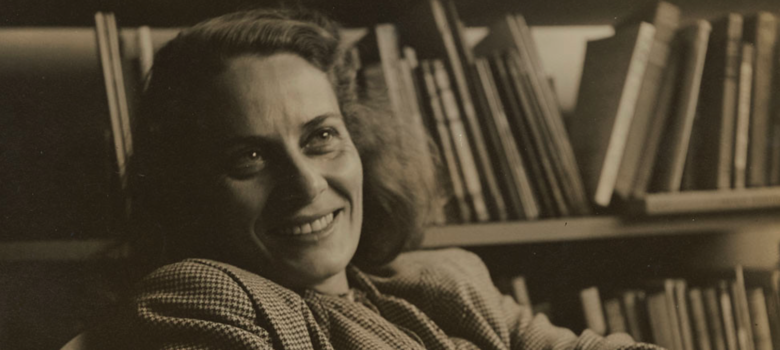Copyright term extension was rightly resisted by successive Canadian governments for decades because it offers few benefits and raises significant costs. The decision to agree to an extension in the USMCA is harmful policy, made worse by the decision to bury plans for implementation in Finance Minister Chrystia Freeland’s Budget 2022. As a result, there will be a two decade moratorium on new works entering the public domain, creating an enormous impact on access to Canadian culture and history for a generation. The plan has been described as a tax on consumers given that the new costs for Canadian education could run into the hundreds of millions of dollars. Further, the policy will create barriers to digitization initiatives that would otherwise increase access to works for all Canadians from coast-to-coast-to-coast.
While there is overwhelming independent academic and economic study on the harms, it is the real world stories that bring the harm arising from the policy to life. Today’s post is the first in a series that highlights just some of the works that were scheduled to enter the public domain in the coming years that will be locked out for a generation. As discussed in this post, the best approach for the government to mitigate against these harms is the implementation of a registration requirement. Registration would allow rights holders that want the extension to get it, while ensuring that many other works enter the public domain at the international standard of life plus 50 years. By providing for life plus 50 and the option for an additional 20 years, Canadian law would be consistent with Berne Convention formalities requirements and with its trade treaty obligations.
Consider the Canadian authors and scholars whose work will be lost for a generation. They include some of Canada’s most prominent and decorated authors:
- Charles Tory Bruce
- Morley Callaghan
- Philip Child
- Donald Creighton
- Northrop Frye
- Marian Engel
- Hugh Garner
- John Glassco
- George Grant
- Bruce Hutchinson
- A.M. Klein
- Gilbert La Rocque
- Margaret Laurence
- Hugh MacLennan
- Eli Mandel
- Colin McDougall
- Marshall McLuhan
- Marie McPhedran
- Barrie Phillip Nichol
- Josephine Phelan
- Evelyn M. Richardson
- Gabrielle Roy
- Laura Salverson
- F.R. Scott
- Yves Thériault
- Paul Toupin
- David Walker
- Adele Wiseman
This list includes dozens of works that have won Governor General’s Awards and numerous recipients of the Orders of Canada. Their influence – Laurence, MacLennan, McLuhan, Roy – often extend far beyond Canada. With Canada’s current copyright term, their works were about to be accessible and discovered by a new generation. With the copyright term extension in Finance Minister Chrystia Freeland’s Budget 2022, the works are locked out of the public domain for a generation.








You are right, I noticed that now many copywriters have begun to study the issue of copyright more. Even when you cooperate with the agency https://mediaonemarketing.com.sg/copywriting-services-singapore/ they can offer a suitable contract
Why do you oppose authors and publishers reaping the rewards of their work?
That raises another question – namely when you frame it as opposing the right for authors to reap their rewards of the work, how long should such protections last?
They’re long dead dude. They don’t need the money. We already have death of the author + 50 years, why do you want it to be death of the author + 70?
Let’s say you write a work in your 30s. You already get about 90 years to reap the profits, 40 alive plus 50 dead. If your work hasn’t made it’s mark by then, any descendant you have won’t care, and if it has they will already be reaping the benefits from interest gains. Life + 70 is absurd. 120 years after initial publication to wait for something to be fully used by anyone. The Doyle estate is already an absurd entity, Sherlock Holmes is wild in the public imagination already just give it up you fools.
Then would you agree to the extension of patent protection to the same as copyright (patent is currently 20 years from the date the application is filed).
Pingback: ‘The Harm from Budget 2022’s Hidden Copyright Term Extension, Part One: Entry to Public Domain of Canadian Authors Lost for a Generation’ | Private Law Theory - Obligations, property, legal theory
Suddenly Michael Geist cares about Canadian authors! My smelling salts please! A damp cloth for my brow! Also, what is this nonsense about work being lost for a generation. Just because it’s not in the public domain does not mean it is lost. It’s accessible. You don’t even have to pay for it if you use a library.